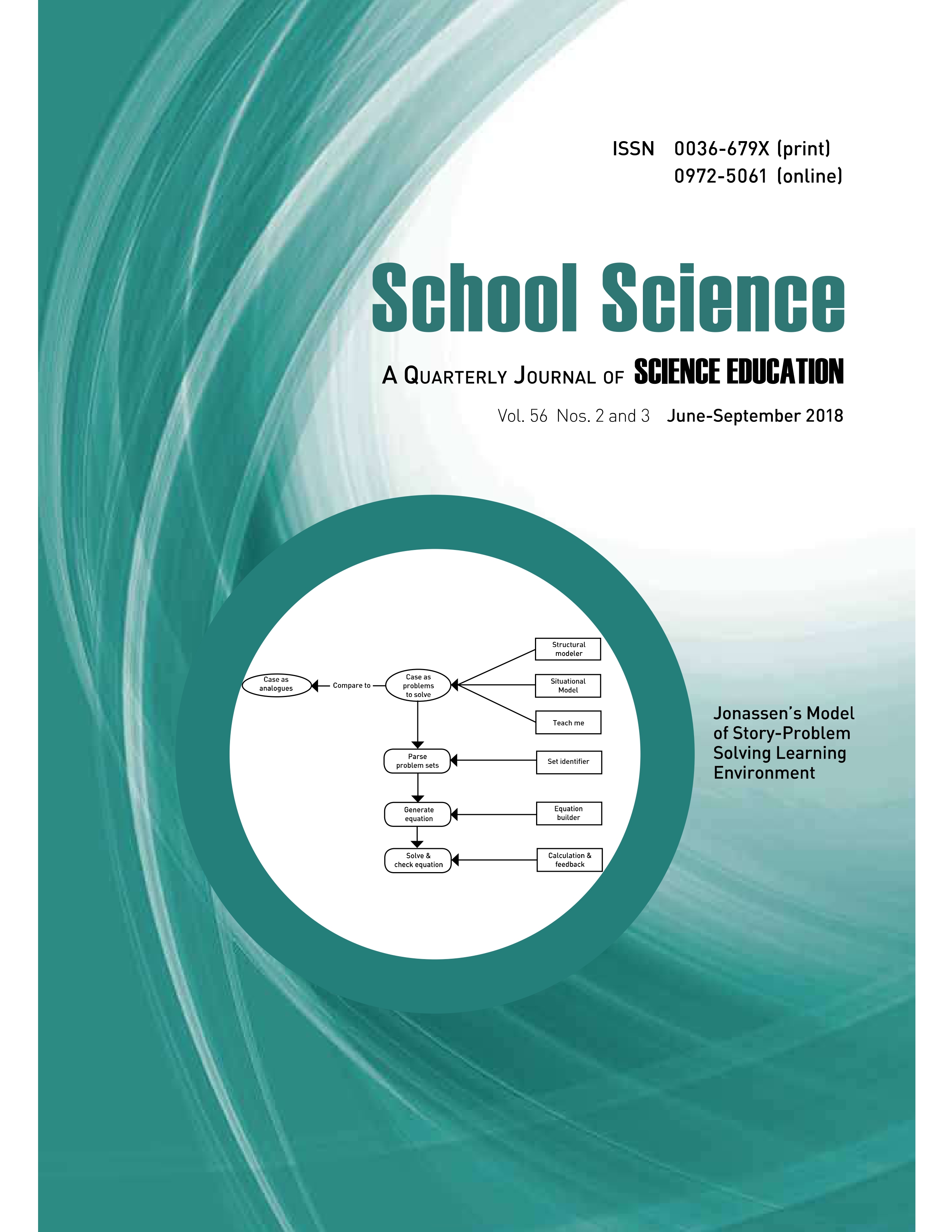EFFECT OFUSING ICT IN TEACHING-LEARNING OF ISLAMIC STUDIES IN MADARSA EDUCATION ON THE SCHOLASTIC ACHIEVEMENT OF STUDENTS
Published 2018-09-30
Keywords
- ICT in Teaching-learning,
- Madarsa Education,
- Islamic Studies
How to Cite
Abstract
Education is considered to be the best means of revolution. It aims at multifaceted development of individuals and society. Muslim community in India with about 14 per cent population is the largest minority. Due to many reasons, this community has been lagging behind in almost all fields. Educational backwardness is supposed to be the key reason for overall backwardness. As per the Sachchar Committee report, about 4 per cent of Muslim children in the age group of 6–14 years study in various Madarsas which are generally considered to be the centre of religious education, with traditional methods and approaches of teaching-learning and evaluation. Modernisation of Madarsa education, therefore, is emphasised a lot. Through this paper, the investigators wanted to know whether use of ICT in teaching learning of Islamic Studies, the core subject of Madarsa education affect positively. They used ‘Tajweed-o-Qirat’ course under Islamic education course available on the internet and conducted lessons through these resources to the experimental group of students of the Madarsa. Surprisingly, the finding suggests that as such there is no significant effect on students’ achievement. However, the discussions with the Madarsa students and teachers enable us to conclude that use of such modern online resources definitely helps in enhancing student’s interest and keeping theme motivated and enthusiastic. The finding suggests that even traditional methods and techniques used in Madarsas should not be underestimated and they are potent enough to be considered at par with the so called modern methods and techniques. In fact, only emphasising on ‘Modernisation of Madarsa Education’ and neglecting many of its merits will keep us deprived of benefiting ourselves with this rich tradition. The overwhelming responses of Madarsa students and teachers in regard to use of computer and internet resources suggest that so called reluctance of the stakeholders of Madarsa education towards its modernisation is totally false.

